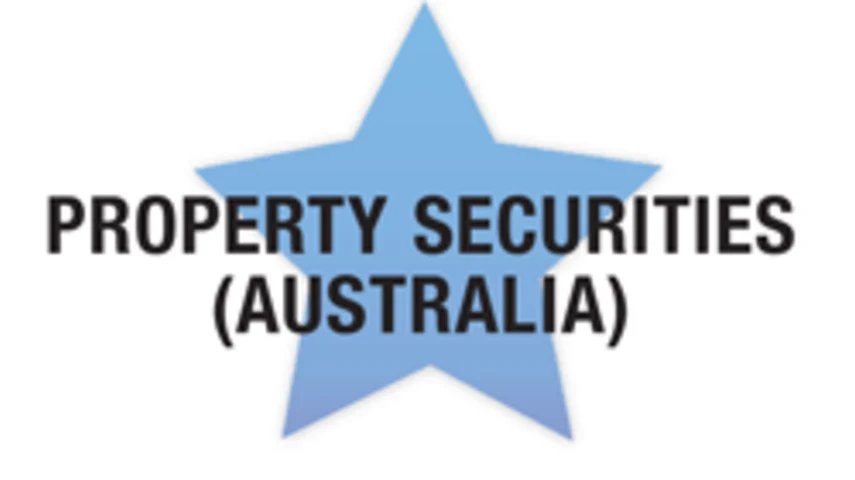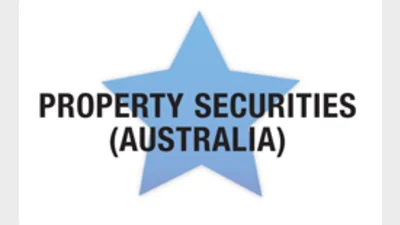SG Hiscock takes out Property Securities (Australia) category



A benchmark unaware approach and an enforced risk limit are key factors that have seen SG Hiscock & Company top the Property Securities (Australia) category in this year's Money Management/Lonsec Fund Manager of the Year awards.
The Equity Trustees’ SGH Wholesale Property Income Fund is one of the few funds in the sector managed with an index unaware approach, which has clearly paid off.
Instead, it has a benchmark of the inflation rate plus 3 per cent and a risk limit whereby no security can have a weight of more than 15 per cent.
According to SG Hiscock & Company managing director Stephen Hiscock., the limit “avoids the concentration risk of investing 40 per cent of your portfolio in one security”, which is a key concern for most other funds in the sector.
As a result, the portfolio consistently holds a major underweight to Westfield Group and tends to be more heavily invested to small and mid-capitalisation stocks.
This approach to investing saw the fund benefit as risk appetites increased in the sector after March 2009.
“We believe [the fund] is more diversified than the AREIT [Australian real estate investment trust] index, it has less concentration than the index, and has generally offered a higher yield than the index,” Hiscock said.
The $68 million fund is co-managed by Hiscock and Grant Berry, who were commended for their proactive analysis of leverage and debt covenants in the sector over the last year.
“The past 12 months has seen enormous opportunities for active managers to make money, with substantial pricing inefficiencies and hugely volatile price moves,” Hiscock said.
The finalists in this category were Cromwell Phoenix Property Securities Fund and Principal Property Securities Fund.
The Cromwell/Phoenix fund has a similar investment strategy to Hiscock, in that the fund is also benchmark unaware and no more than 20 per cent of the fund’s assets will be invested in any one security.
The managing director of Phoenix Portfolios, Stuart Cartledge, said the success of the fund could be attributed to its diversified exposure to property, which provided investors with a far better risk/return trade-off than its “benchmark hugging peers”.
According to Cartledge, the fund is also “the only fund among its peers that combines the investment management skills of a boutique manager with the significant operation and financial resources of a listed AREIT”.
Having the constitution to stay with your conviction in difficult market conditions is a crucial part of funds management, according to Principal Global Investors portfolio manager Chris Lepherd.
The fund is actively managed against the S&P/ASX300 Property Accumulation Index, although some carefully selected stocks fall outside of the index, giving it the ability to add value in a risk-controlled way.
“Despite facing challenging times during the global financial crisis, the fund stayed true to its label and did not alter its investment process. Subsequently, the fund was able to generate significant outperformance during 2009,” Lepherd said.
Recommended for you
Global asset manager Janus Henderson could be acquired after receiving a non-binding acquisition proposal jointly from a private investment firm and venture capital firm.
Investment manager Salter Brothers has partnered with private equity firm Kilara Capital to launch an Australian sustainable investment platform focusing on decarbonisation.
Fresh off launching three active ETFs to the Australian market, Avantis Investors is already planning to expand its range with two further products next year.
Ausbil is growing its active ETF range with an ESG product in collaboration with sister company Candriam.











